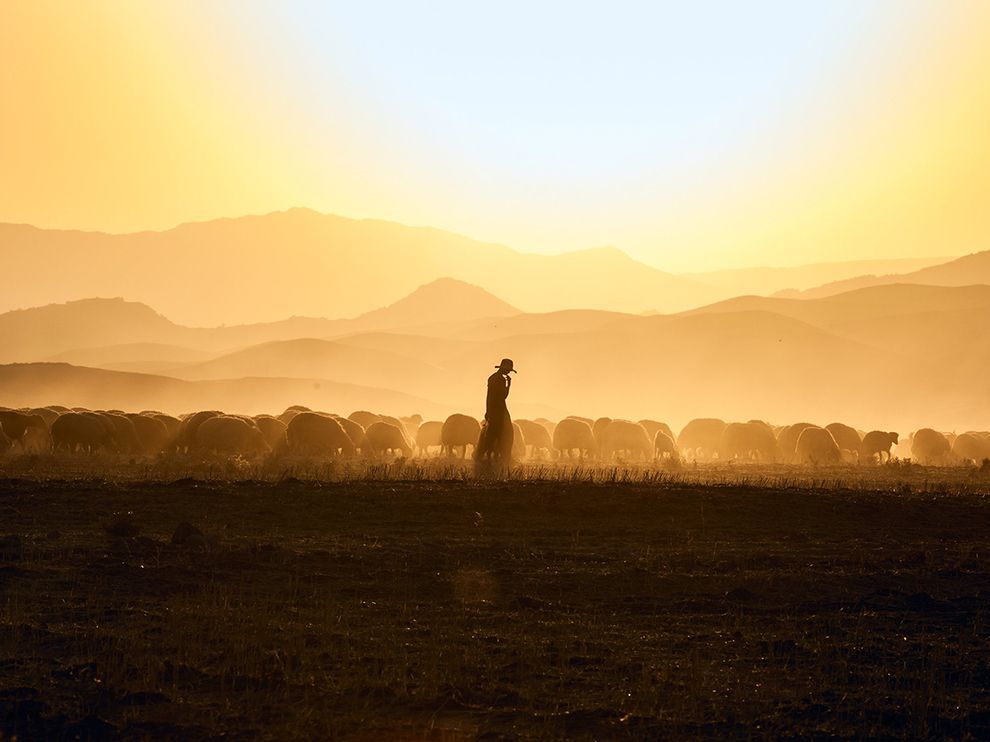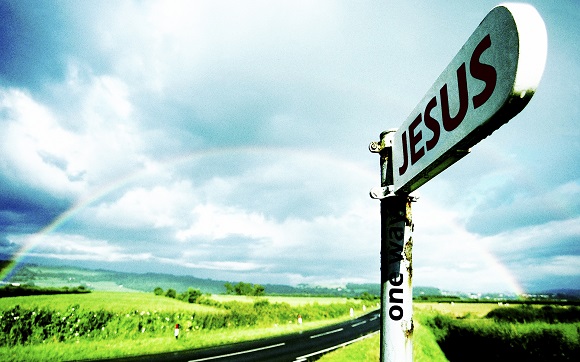I Am the Good Shepherd
Few of us have first hand experience raising sheep or being around shepherds. We are, however, familiar with the use of these terms used in the Bible to explain the relationship between people and God. Most have heard and may even be able to quote the first line from Psalm 23, “The Lord is my shepherd, I shall not want.” For the second time in John 10, Jesus is going to tell us something specific about himself. He is going to call himself “the good shepherd.”
THE TEXT
“I am the Good Shepherd. The Good Shepherd puts the sheep before himself, sacrifices himself if necessary. A hired man is not a real shepherd. The sheep mean nothing to him. He sees a wolf come and runs from it, leaving the sheep to be ravaged and scattered by the wolf. He’s only in it for the money. The sheep don’t matter to him. “I am the Good Shepherd. I know my own sheep and my own sheep know me. In the same way, the Father knows me and I know the Father. I put the sheep before myself, sacrificing myself if necessary. You need to know that I have other sheep in addition to those in this pen. I need to gather and bring them, too. They’ll also recognize my voice. Then it will be one flock, one Shepherd. This is why the Father loves me: because I freely lay down my life. And so I am free to take it up again. No one takes it from me. I lay it down of my own free will. I have the right to lay it down; I also have the right to take it up again. I received this authority personally from my Father.” (John 10:11-18; The Message)
THOUGHTS
This passage is packed full, not only, of the work that Jesus does, but also reveals his motives for so doing the work. The tone coming through each line of this passage is love. Jesus, as the GOOD shepherd, loves his flock. He is not motivated by self-interest, as the hired man; nor is he afraid of having to sacrifice himself for the good of the sheep. Because of sin, we find ourselves estranged from God. I realize that most of us do not want to think about sin, let alone read about it in a blog entry. However, it is crucial to understand that the basic human problem is one of self-selected separation. Stemming from the pride that tells us we are in charge of our own lives, we seek power and pleasure to fill us up and to satisfy. We attempt to live life as though a shepherd is not necessary. The prophet Isaiah puts it this way, “All of us, like sheep, have strayed away. We have left God’s paths to follow our own…” (Isaiah 53:6) Perhaps you can recall some paths you attempted to traverse on your own. As a rule, sheep have no chance of navigating life on their own, they need a shepherd. In the same way, we too need a shepherd and Jesus tells us he is the good shepherd who lays down his life for the flock. The talk of sacrifice foreshadows the crucifixion that would spill Jesus’ blood and take his life. Through that sacrifice, the payment for sin is paid. Notice, that it is Jesus’ own choice to lay down his life, it was not taken by Pilate or the Jewish religious leaders or anyone else. He also alludes to the fact that the story does not end with him hanging on a cross. He takes up his life again after three days in the tomb and now lives again, leading and empowering his flock that they might live life abundantly. Our task is to listen for his voice with the complete confidence that he hears us and he truly is good. Just as we once chose to go down our own path, we can consciously choose to follow THE GOOD SHEPHERD.
More good news in the I Am Series…
Blessings,
Marty Hale
Thanks for visiting www.martyhale.org!







